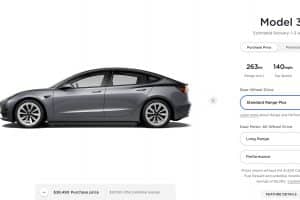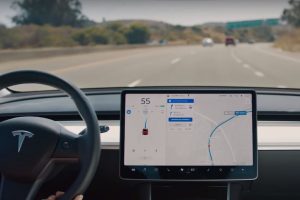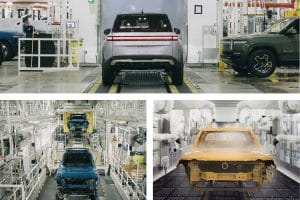There’s something remarkable about the “Tesla Effect” in the way that it fosters innovation not only on segments that the company is already competing in but in markets that the electric car and energy company is still yet to enter. This seems to be the case in the home HVAC segment, with a recent report from Japan stating that air conditioner maker Daikin is now innovating its business model to prepare for the likely entrance of Tesla into the home HVAC space.
According to a Nikkei Asia report, Daikin has launched a smartphone-based air conditioning service in Tanzania, Africa, that would allow users to turn on their AC units only on days when they need it. Under this business model, customers would no longer need to purchase their actual air conditioners. Instead, they would simply have to pay an initial installation fee of $77 and about $1.40 per day’s use of the machines.
Taro Mitani, Daikin’s head of collaboration with startups, noted that the new business strategy is part of the company’s attempt to try new things and embrace more digital solutions. “We wanted to try a new operational model,” he said, noting that the plan is to get 50,000 subscriptions to start, possibly for businesses like beauty parlors and restaurants.
The unique subscription model came about as a result of a conversation between Daikin Chairman Noriyuki Inoue and Satoshi Akita, the CEO of Wassha, a startup that the air conditioner maker has teamed up with for its fee collections. While listening to Akita’s experiences in Africa, the Daikin Chairman decided to break away from the company’s traditional business model of just focusing on manufacturing and sales.
There was reportedly a sense of urgency in Inoue’s decision, and part of this is Elon Musk’s comments about Tesla potentially entering the home HVAC space. Back in September, Musk told investors that an extremely efficient smart home HVAC system is a “pet project” that he would love to explore. “You could really make a way better home HVAC [heating, ventilation and air conditioning] system that’s really quiet and superefficient,” Musk said.
But it is not just the presence of the Tesla brand that existing players like Daikin would have to deal with if the EV maker does enter the residential appliances segment. Tesla, after all, is expected to explore synergies between its many businesses that would allow the company to combine products like Elon Musk’s planned home HVAC system with the company’s existing electric vehicles and energy storage products. This bundle of services, which could create an “ecosystem” of sorts, is something that Daikin does not have. And if Apple’s success is any indication, an ecosystem of products could definitely disrupt an established market.
Daikin President Masanori Togawa highlighted the importance of the company’s digital transformation in the face of potential disruptors like Tesla. “The key difference between winners and losers will be over who can transform their business with digital technology,” Togawa said. And considering how products like the Tesla Model 3 have practically sucker-punched several veteran automakers from the US and Europe, the Daikin President’s comments definitely hit the mark.





